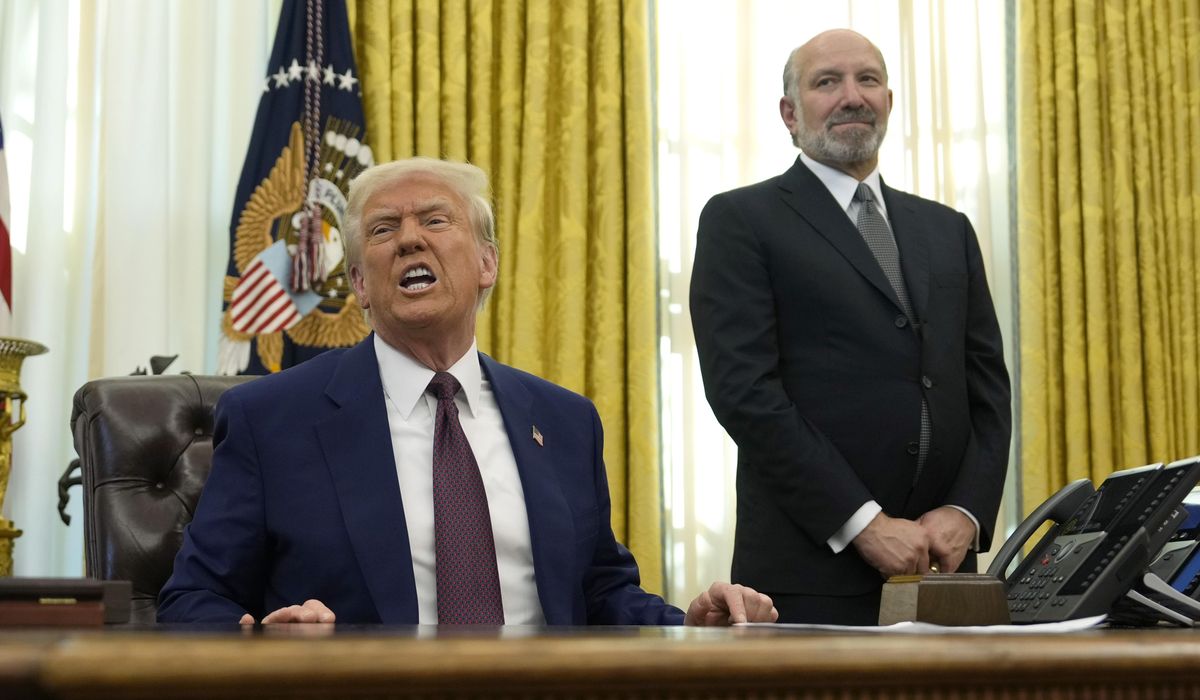


President Trump’s Justice Department told the Supreme Court Wednesday that a district court shouldn’t be able to issue a temporary restraining order to upend his agenda — like removing the head of a whistleblower protection agency — especially in the first days of his administration.
“When a district court crosses a constitutional red line and purports to bar the President from replacing an agency head he does not want to entrust with executive power — potentially for up to a month — this Court can and should intervene,” wrote acting Solicitor General Sarah Harris, representing the Trump Justice Department.
The filing comes in a dispute over whether Mr. Trump can fire Hampton Dellinger, who led the Office of Special Counsel.
Mr. Dellinger, who was appointed by President Joe Biden last March to a five-year term, sued this month after Mr. Trump moved to fire him in his attempt to cut the federal government. Mr. Dellinger argues he can be terminated only for cause.
The Trump administration requested over the weekend that the Supreme Court halt a lower court order that reinstated Mr. Dellinger to his post while the lawsuit plays out.
Mr. Dellinger’s attorneys say the high court should stay the course because the merits of the case haven’t been considered and the president wants to erase a temporary restraining order.
“There is no merit to the government’s effort to declare a five-alarm fire based on a short-lived [temporary restraining order] that preserves the status quo ante,” his filing read.
The Justice Department counters that lower courts are trying to interfere with the executive branch’s authority.
In its filing Wednesday, the Justice Department said the high court has in the past stepped in to halt a temporary restraining order so the justices would not break new ground in doing so — especially when Mr. Trump is trying to implement his agenda after just taking office.
“The [temporary restraining order] thus stops the President from shaping the agenda of an executive-branch agency in the new administration’s critical first days. Even if the court of appeals were later to reverse a subsequent preliminary injunction, the damage to the Presidency and the separation of powers would be irreversible and irremediable,” the Justice Department said. “[Temporary restraining orders] are not blank checks for district courts to stop any and all presidential actions for up to a month at a time.”
It’s the first dispute in what is expected to be many requests from the Trump administration to the Supreme Court over district court judges attempting to block the president’s agenda.
• Alex Swoyer can be reached at aswoyer@washingtontimes.com.
